Biodiversity can be as close as your own garden space
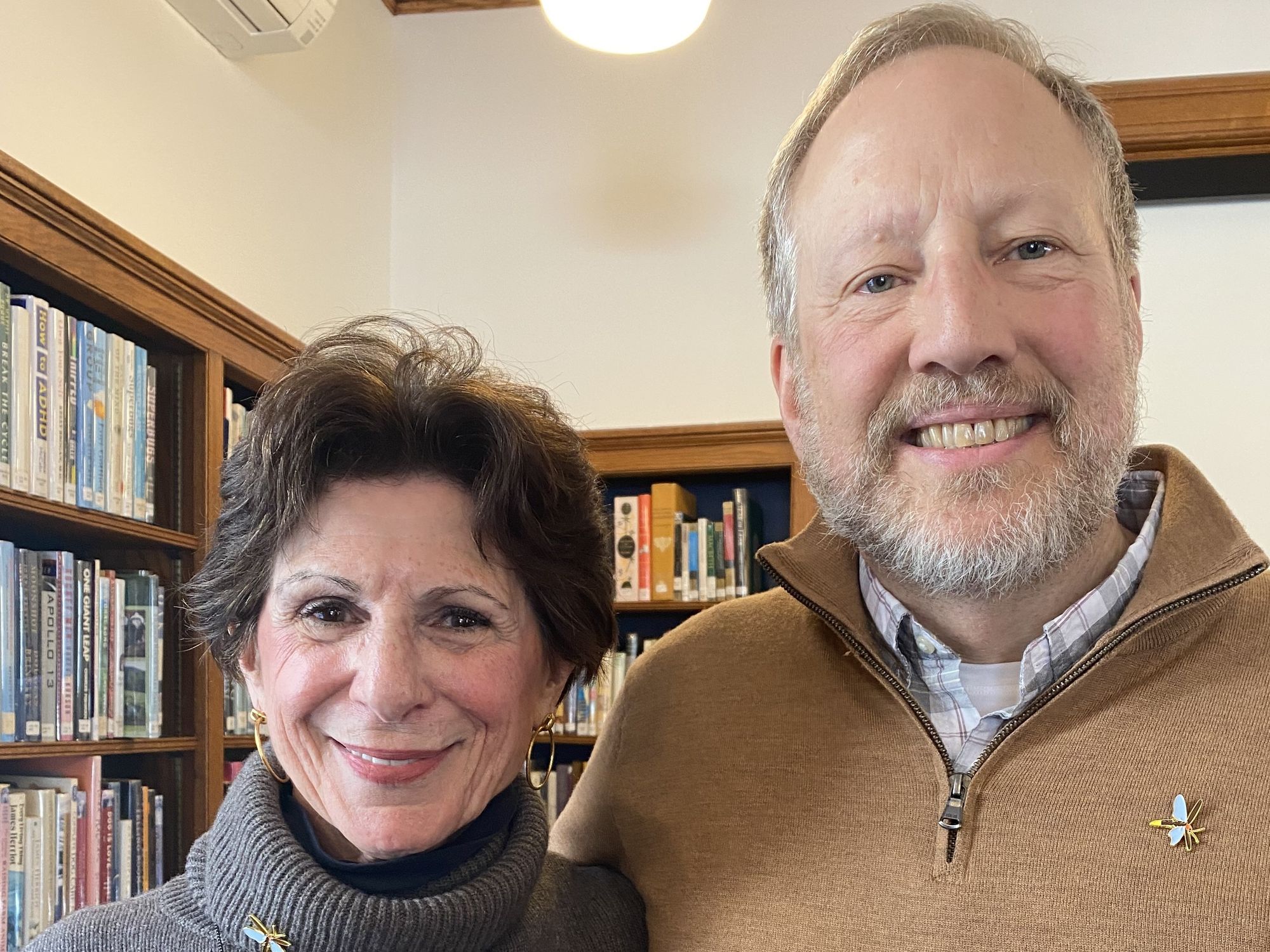
A program hosted by the Amenia Garden Club on Saturday, Feb. 22, was moderated by Garden Club President Ken Monteiro in conversation with Michelle Alfandari of Sharon, co-founder of the Homegrown National Park biodiversity movement.
Photo by Leila Hawken
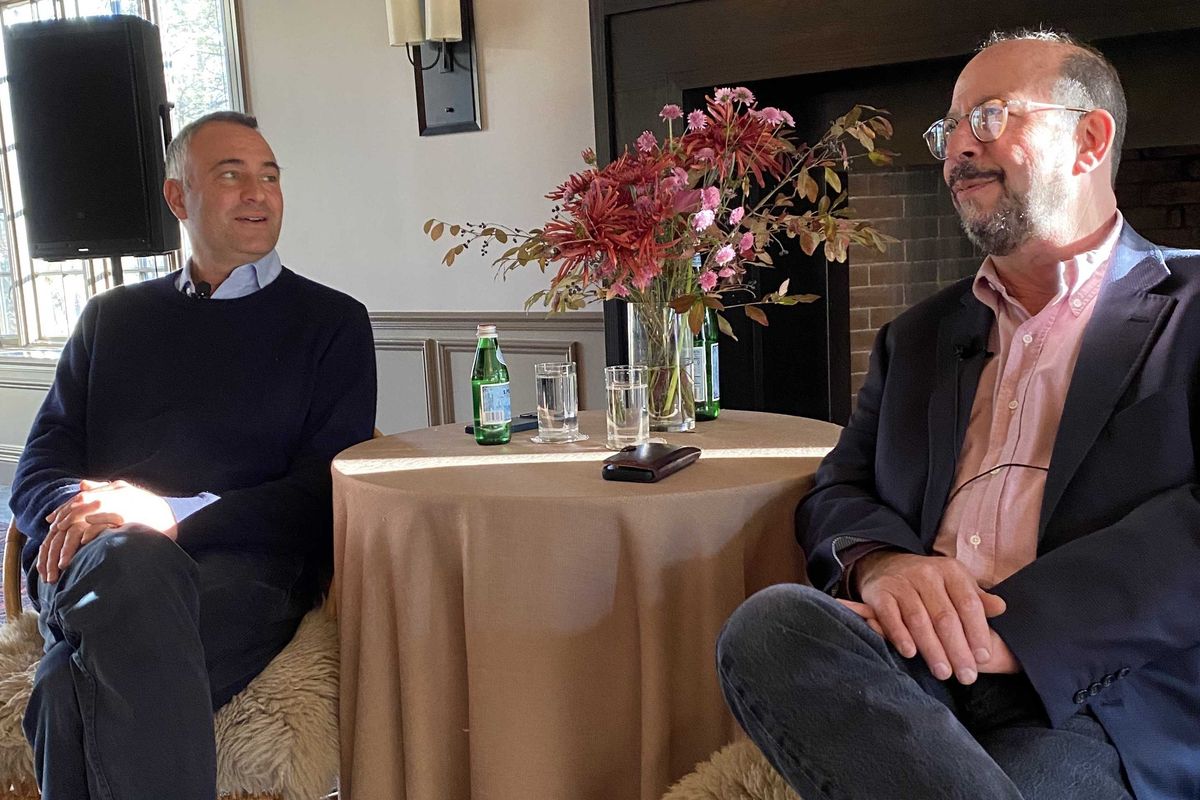
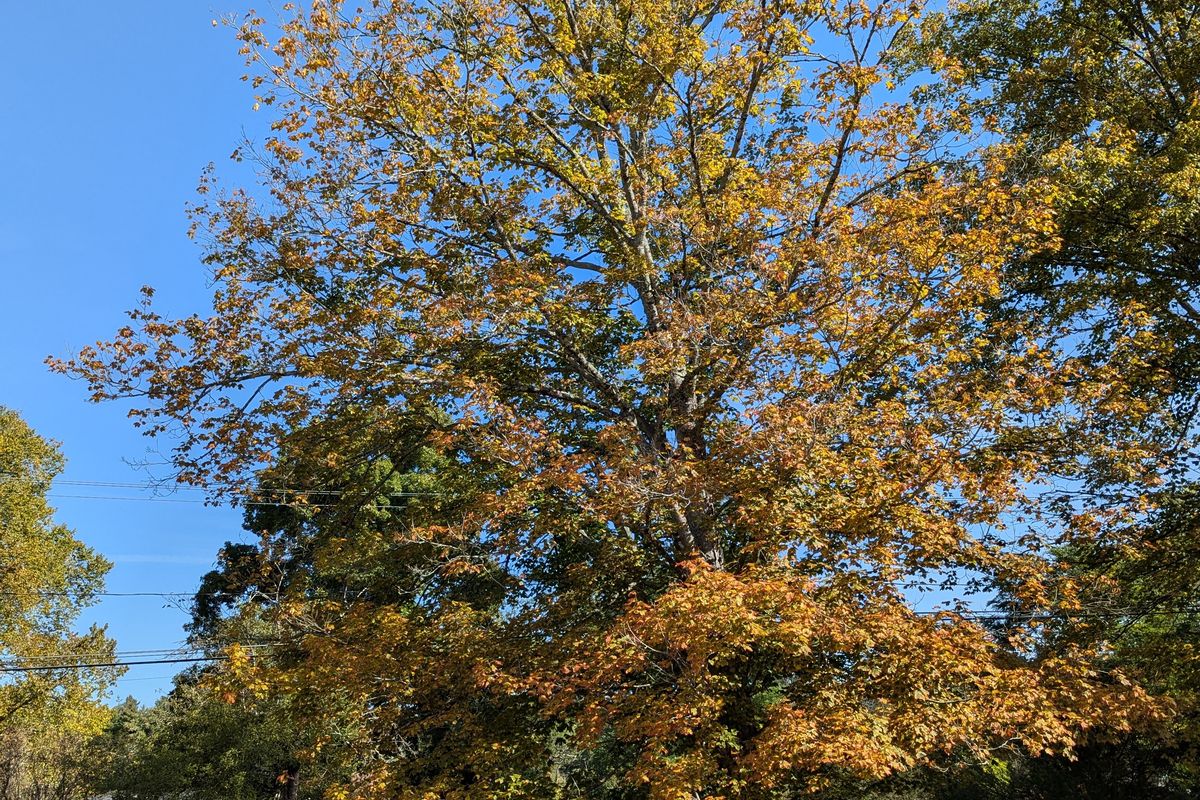

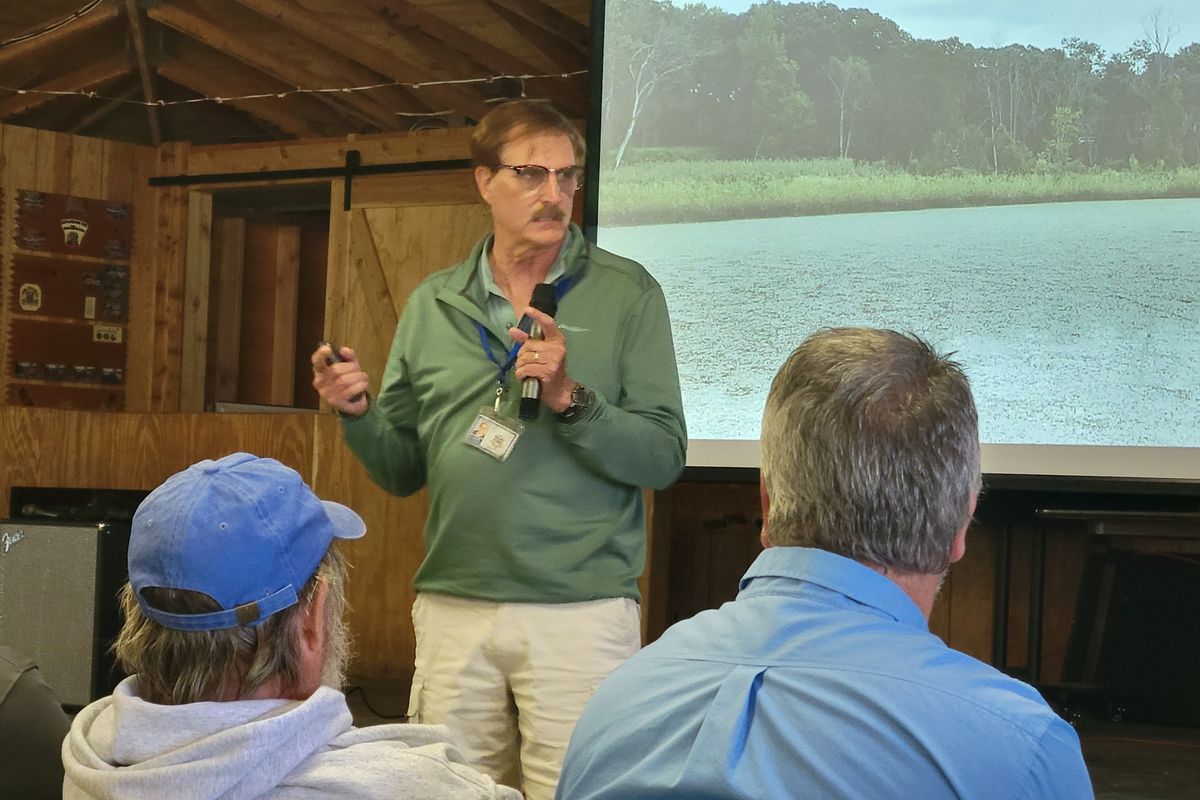
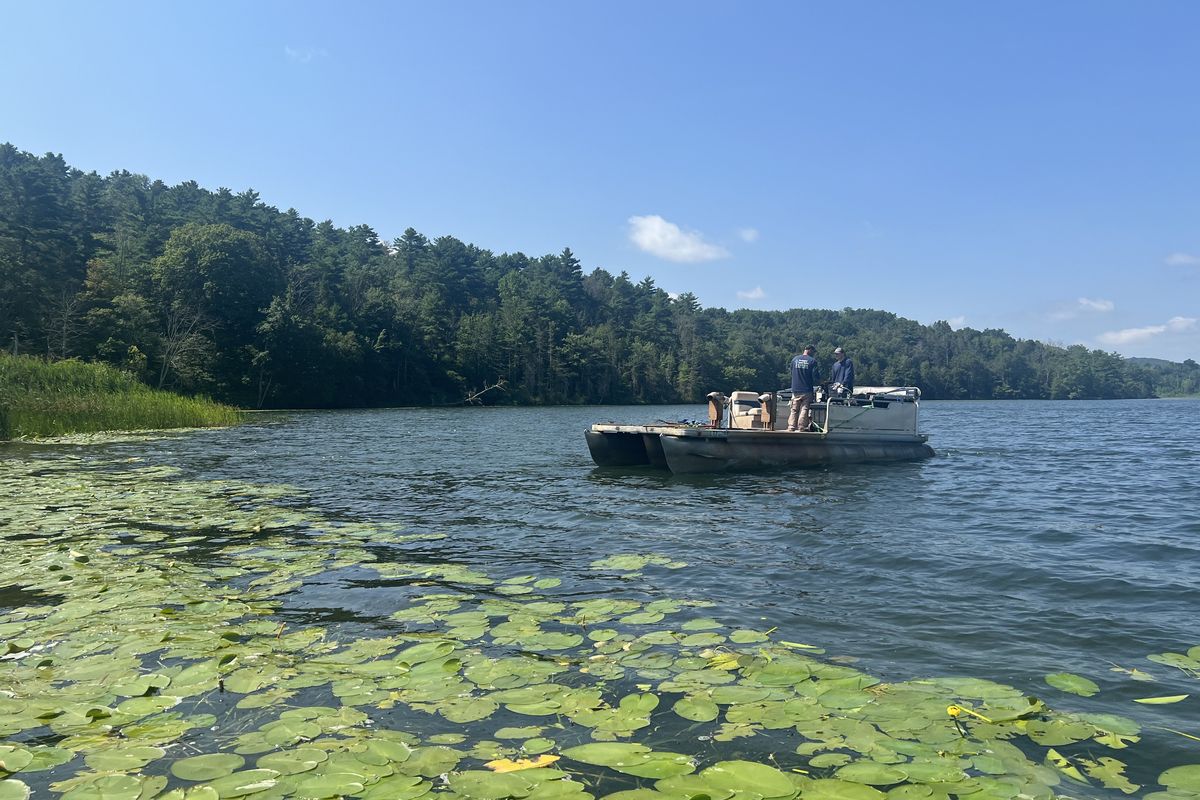
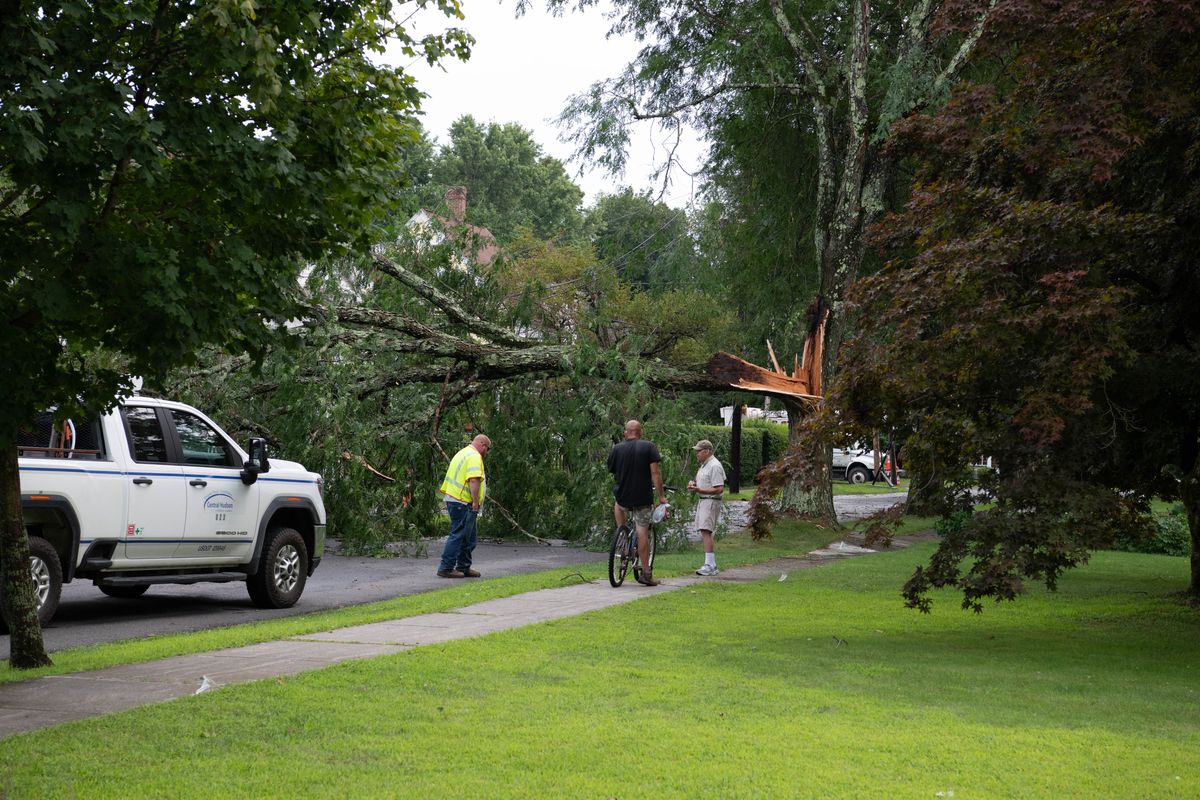


 lakevillejournal.com
lakevillejournal.com 



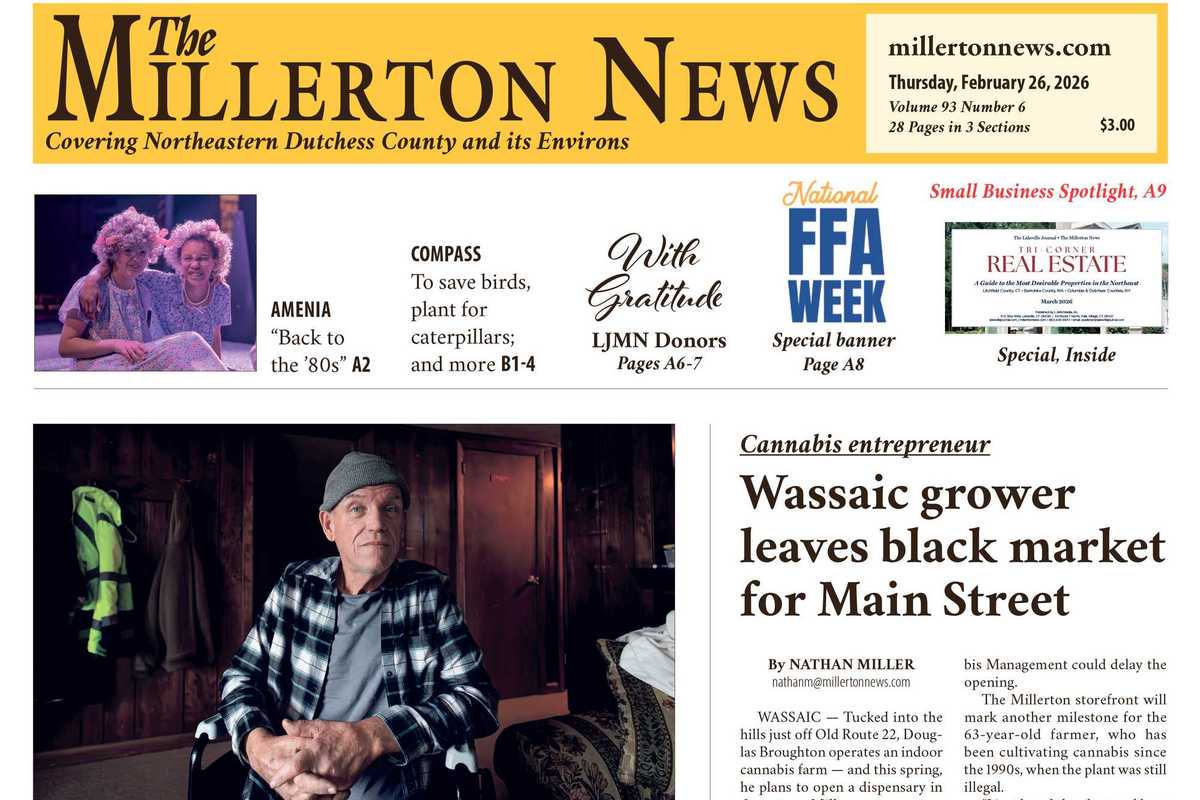



 Visitors consider Norman Rockwell’s paintings on Civil Rights for Look Magazine, “New Kids in the Neighborhood” (1967) and “The Problem We All Live With” (1963.) L. Tomaino
Visitors consider Norman Rockwell’s paintings on Civil Rights for Look Magazine, “New Kids in the Neighborhood” (1967) and “The Problem We All Live With” (1963.) L. Tomaino





